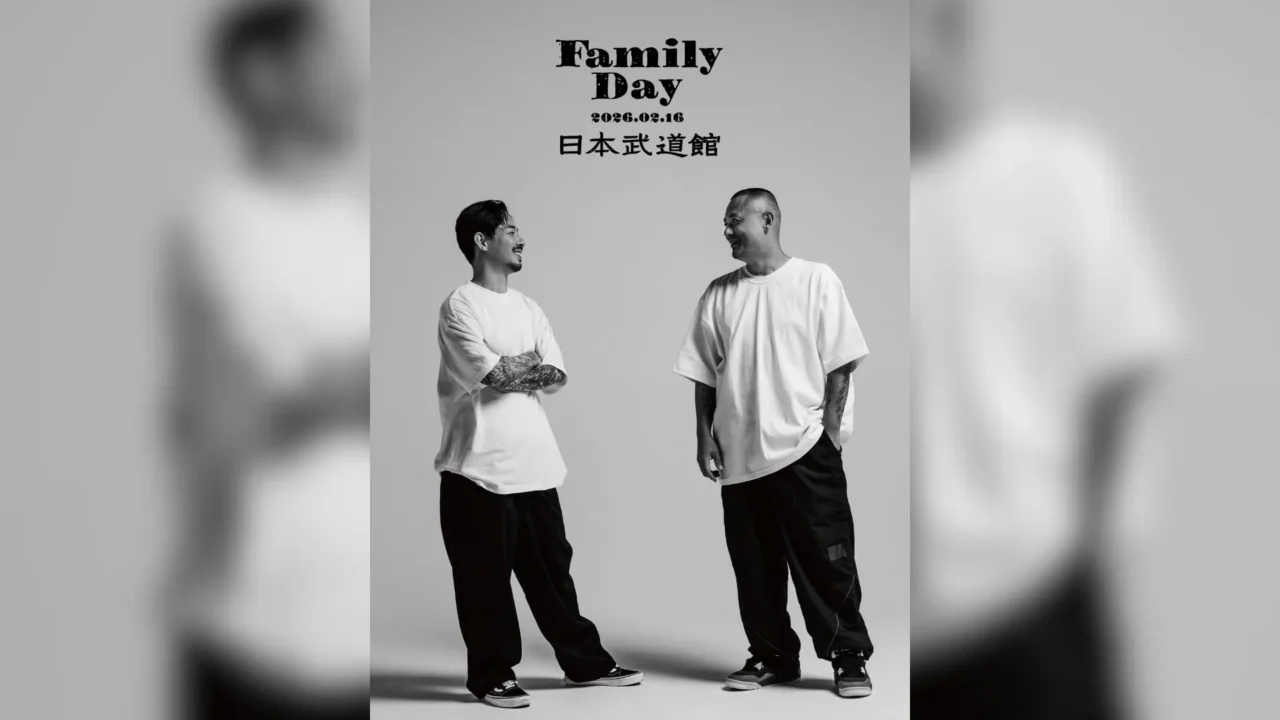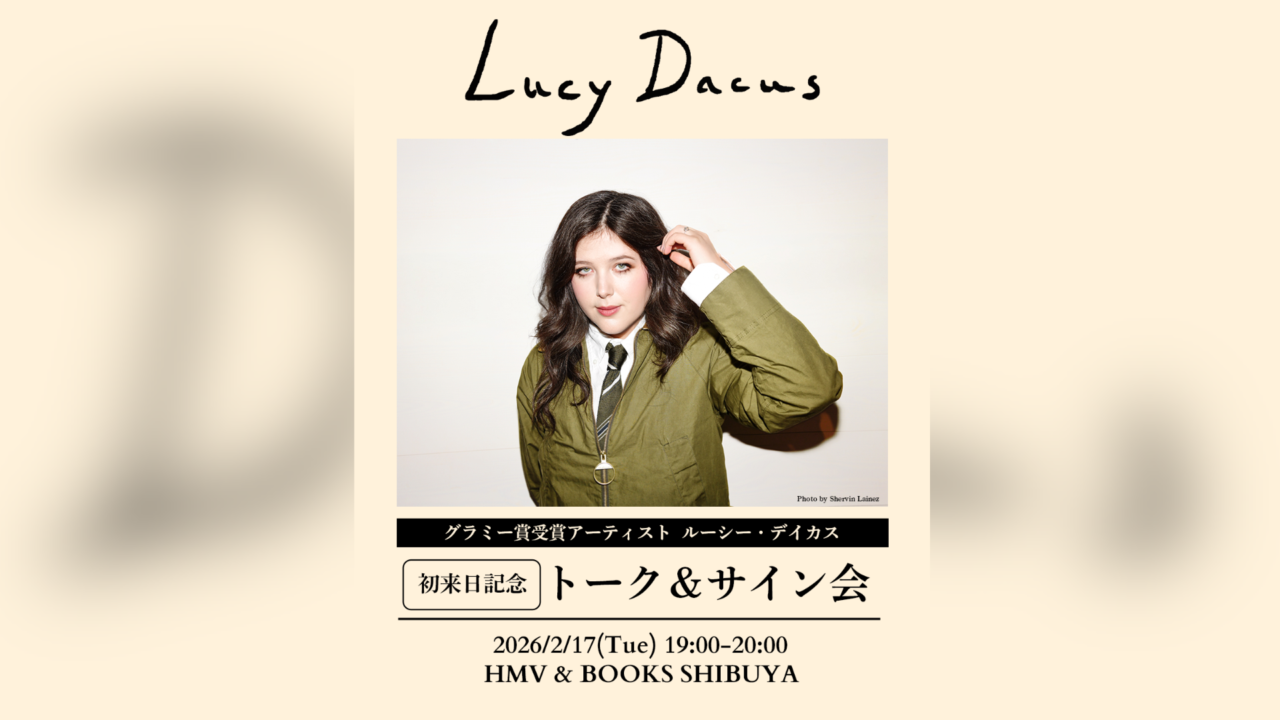INDEX
Constantly Intriguing Content Overshadows Uninteresting Things

I heard that you have always had a habit of keeping a diary.
Shibata: I have been keeping a diary since I was a university student. There was a time when I skipped it, but if I didn’t constantly write down what was on my mind, my thoughts would accumulate and I would easily become self-addicted. So I have a notebook in which I write down all my thoughts in a gush, and recently I’ve been writing in it every day.
I am embarrassed to say this, but I like reading self-help books a lot (laughs). (Laughs.) One of the books I read said it was a good idea to do so, but as soon as I get up in the morning, I try to write everything down with the same vigor as if it were a Death Notebook, and I feel better for the rest of the day.
I think that a diary is basically based on the premise that you are writing about things that really happened. What kind of distance did you want to keep between the “real” and the fictional in your writing?
Shibata: The main theme of this serial was daily life, but there were parts where I thought, “This is my real life,” and other parts where I thought, “I am writing with fictionality here,” and I felt guilty that not everything might be really true.
I kept wondering if I should write more nakedly. But my editor told me that if I put my work out there for people to see, it was more or less fiction, and that I should let that go and think of it as fiction, so I decided to give in.
I realized near the end of the series that sometimes writing something that is not true makes it seem more real, and that when you compare writing like fiction and writing honestly, realism does not always come out on top. I realized that I value fiction more, or creating a form for people to see.
I pondered on the notion that crafting fiction or any form of content designed for public consumption holds greater intrinsic value. In this context, how do you, as a creator, perceive the potential reception of fictional content in the future?
Shibata:I am very conscious that I am making what I want to make without thinking about how the recipient will feel about it, so I don’t think I have thought about it enough. I think I am losing the energy to think about things that I have never seen or felt before. People in the movie business often say that nowadays people prefer “something that is always interesting,” like 2 or 3 of some film.
I think that the most popular films are the ones that have already been a hit and are guaranteed to be interesting.
Shibata: I think it is a negative thing in the long run if you start working on something you don’t know if it is interesting or not, and then you lose the experience of not finding it interesting. I think that in the long run, this will have a negative impact on us.
I don’t think we can force people who are tired to wake up, but I think something is slowly being eroded.
I’m not the kind of person who produces oversized contents or very mass-produced items, so I would like to try to create elements that people cannot really relate to, such as “something they have never seen before” or “something they have never felt before.
In the interview with Mr. Kawano in “Bungakukai,” he said something like, “I have a desire to write about hardships that have not yet been registered in the world as part of the vocabulary of grief, and I think that would be a very noble task. I thought, “What a noble work that is. This will make us richer in the long run.
























